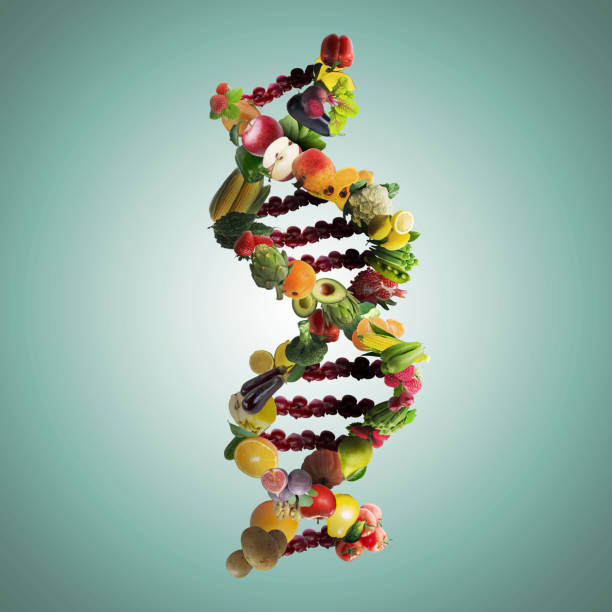Nutritious Snack Ideas for Older Adults
Healthy snacks for seniors can support balanced nutrition and energy throughout the day. Choosing options rich in nutrients, staying mindful of portions, and consulting dietary guidance can help seniors enjoy tasty snacks that fit into their overall wellness routine safely and practically.

What Makes Snacks Nutritious for Older Adults?
Nutritious snacks for older adults should focus on nutrient density rather than empty calories. As metabolism slows and caloric needs decrease with age, every bite counts toward meeting daily requirements for protein, fiber, vitamins, and minerals. Ideal snacks combine multiple food groups and offer sustained energy without excessive sugar or sodium. Whole grains, lean proteins, healthy fats, and fresh produce form the foundation of smart snacking choices. Foods rich in calcium and vitamin D support bone health, while those containing omega-3 fatty acids and potassium benefit cardiovascular function. Portion control remains important, as snacks should complement meals rather than replace them or contribute to unwanted weight gain.
Which Heart-Friendly Snacks Benefit Older Adults?
Heart-friendly snacks for older adults emphasize foods that support cardiovascular health through their nutrient profiles. Unsalted nuts like almonds, walnuts, and pistachios provide heart-healthy fats, protein, and fiber while helping to manage cholesterol levels. Fresh berries, particularly blueberries and strawberries, offer antioxidants that protect blood vessels and reduce inflammation. Whole grain crackers paired with hummus deliver fiber and plant-based protein without excess saturated fat. Greek yogurt topped with ground flaxseed combines probiotics, protein, and omega-3 fatty acids in a single serving. Avocado slices on whole wheat toast provide monounsaturated fats that support healthy cholesterol ratios. Dark chocolate with at least 70 percent cocoa content, enjoyed in moderation, offers flavonoids that may improve blood flow and reduce blood pressure.
How Can Seniors Choose Healthy Snack Options?
Healthy snack options for seniors should be easy to prepare, simple to chew, and gentle on digestive systems that may have become more sensitive over time. Fresh fruit like bananas, melon, or soft pears requires minimal preparation and provides natural sweetness along with fiber and vitamins. Cottage cheese with sliced tomatoes or cucumber offers protein and hydration. Hard-boiled eggs provide complete protein and essential nutrients in a portable format. Vegetable sticks with tzatziki or guacamole encourage vegetable consumption while adding flavor and healthy fats. Oatmeal prepared with milk rather than water boosts calcium intake and creates a satisfying snack that stabilizes blood sugar. Smoothies made with leafy greens, frozen fruit, and protein powder can address multiple nutritional needs in one easy-to-consume format, particularly helpful for those with dental challenges or reduced appetite.
What Are Practical Snack Preparation Tips?
Preparing snacks in advance helps older adults maintain consistent nutrition even when energy levels or mobility are limited. Washing and cutting vegetables on a designated prep day ensures ready-to-eat options throughout the week. Portioning nuts and dried fruit into small containers prevents overeating while making snacks grab-and-go convenient. Keeping a variety of shelf-stable items like whole grain crackers, nut butters, and canned fish provides backup options when fresh foods run low. Freezing individual portions of homemade muffins, energy balls, or banana slices creates healthy alternatives to processed snacks. Storing snacks at eye level in clear containers increases visibility and encourages regular consumption. Setting reminders to eat between meals can help those who forget to snack or have diminished hunger cues maintain adequate caloric and nutrient intake.
Which Nutrients Should Snacks Prioritize?
Certain nutrients deserve special attention when selecting snacks for older adults. Protein becomes increasingly important for maintaining muscle mass and strength, and experts recommend aiming for 15 to 20 grams per snack when possible. Calcium and vitamin D work together to preserve bone density and prevent fractures, making dairy products, fortified plant milks, and leafy greens valuable choices. Fiber supports digestive health and helps manage blood sugar and cholesterol levels, with whole grains, legumes, and fruits providing excellent sources. B vitamins, particularly B12, support cognitive function and energy production, found in fortified cereals, eggs, and dairy products. Potassium helps regulate blood pressure and counteracts sodium intake, abundant in bananas, sweet potatoes, and white beans. Adequate hydration through water-rich snacks like melon, cucumber, and soup-based options prevents dehydration, which older adults may be more prone to experiencing.
What Should Be Avoided in Senior Snacks?
Certain snack characteristics make them less suitable for older adults. High sodium content, common in processed chips and crackers, can elevate blood pressure and contribute to fluid retention. Added sugars in cookies, candy, and sweetened beverages provide empty calories without nutritional benefit and may destabilize blood sugar levels. Hard or sticky foods like tough jerky, chewy candies, or raw carrots can pose choking hazards or prove difficult for those with dental issues. Highly processed snacks often contain trans fats and artificial ingredients that offer no health benefits and may contribute to inflammation. Caffeinated snacks consumed late in the day can interfere with sleep quality, which already tends to decline with age. Alcohol-containing foods should be limited due to potential interactions with medications and increased sensitivity to alcohol’s effects in older bodies.
Conclusion
Thoughtful snack selection empowers older adults to maintain nutrition, energy, and health between meals. By focusing on nutrient-dense whole foods, prioritizing heart health, and considering individual dietary needs and preferences, seniors can enjoy satisfying snacks that support their wellbeing. Simple preparation strategies and attention to key nutrients ensure that snacking becomes a positive component of healthy aging rather than a source of empty calories or health concerns.




